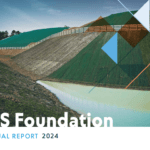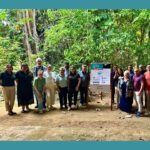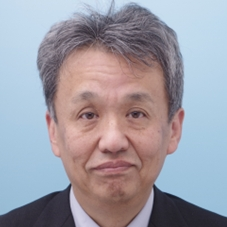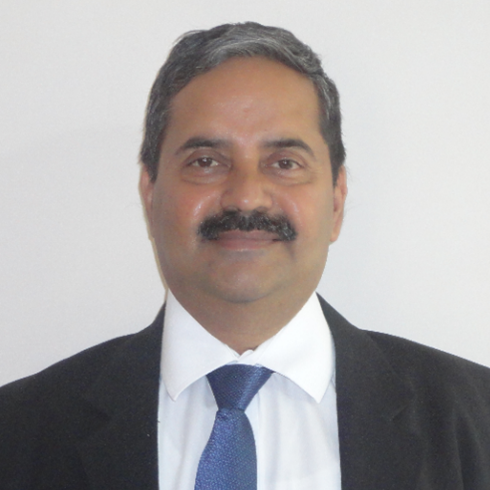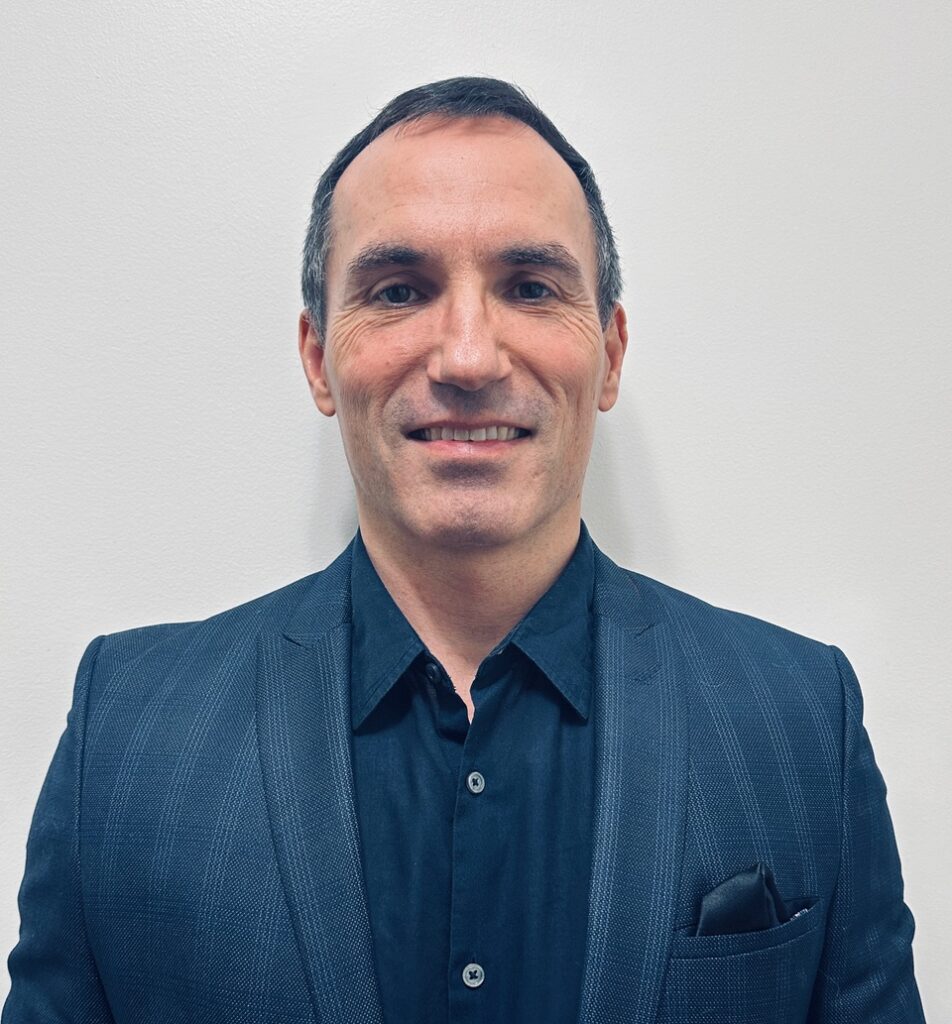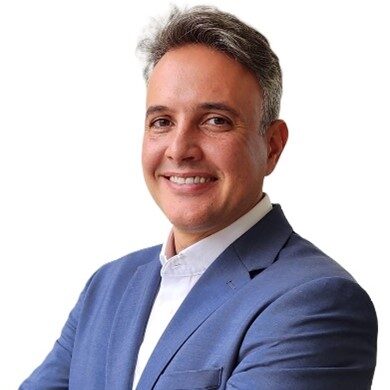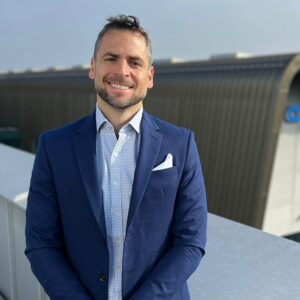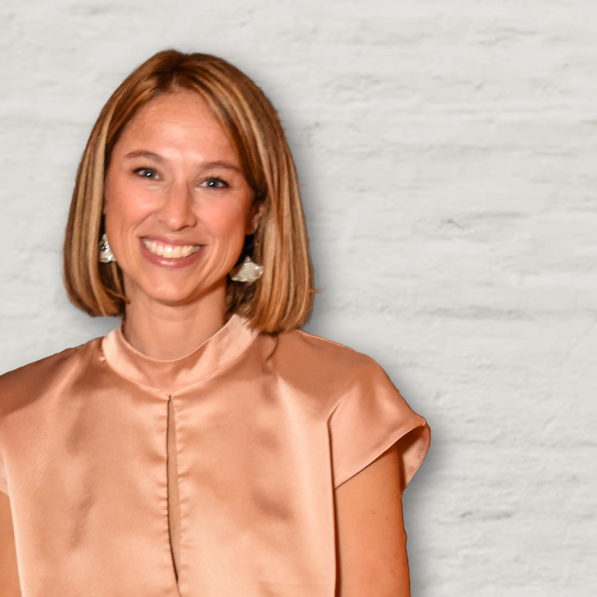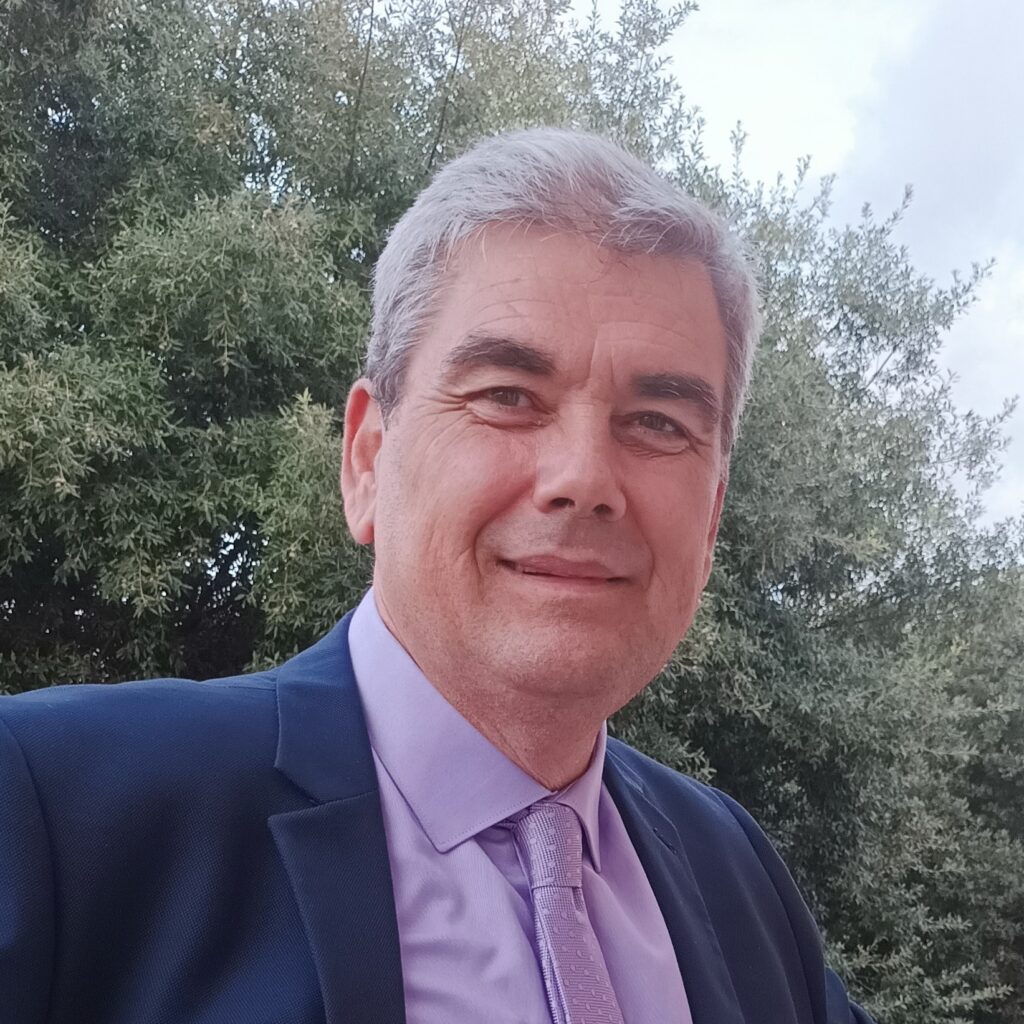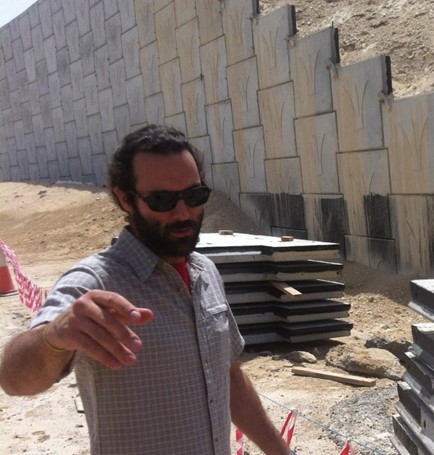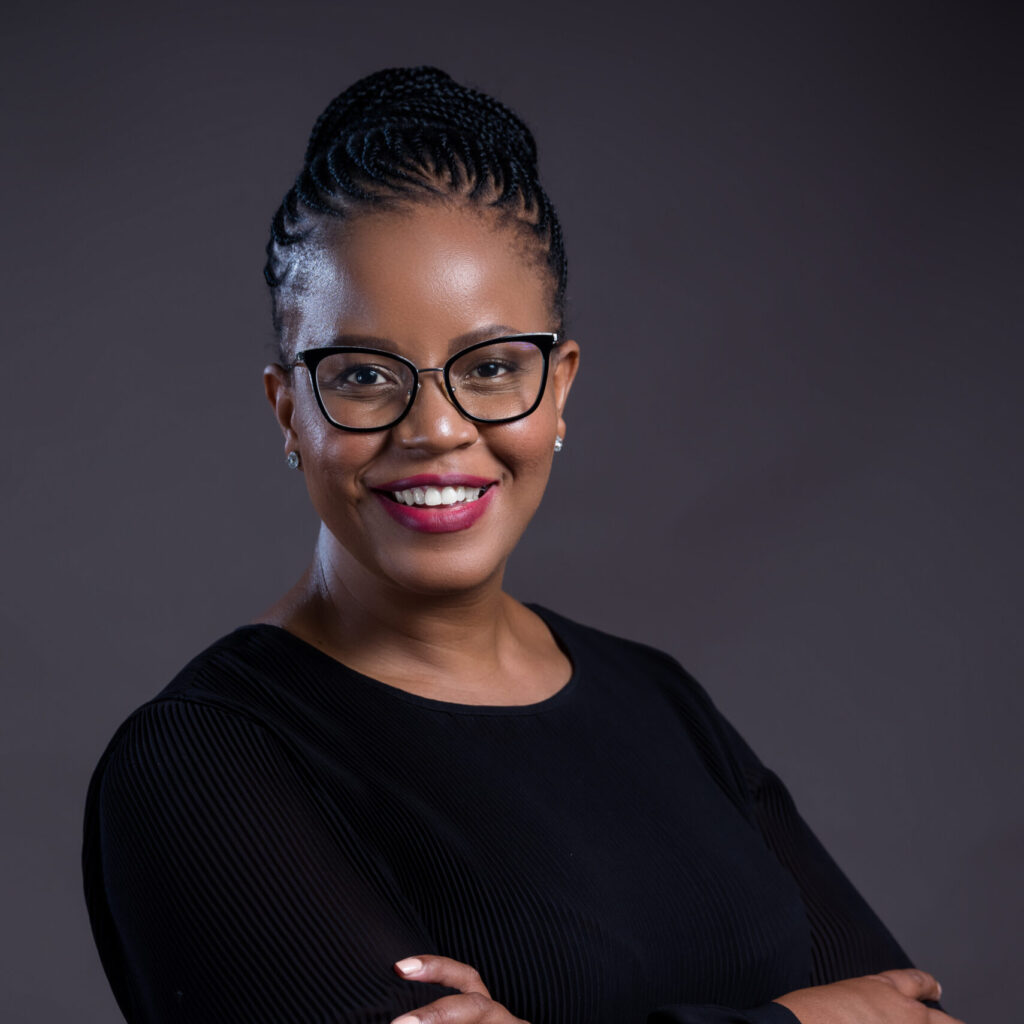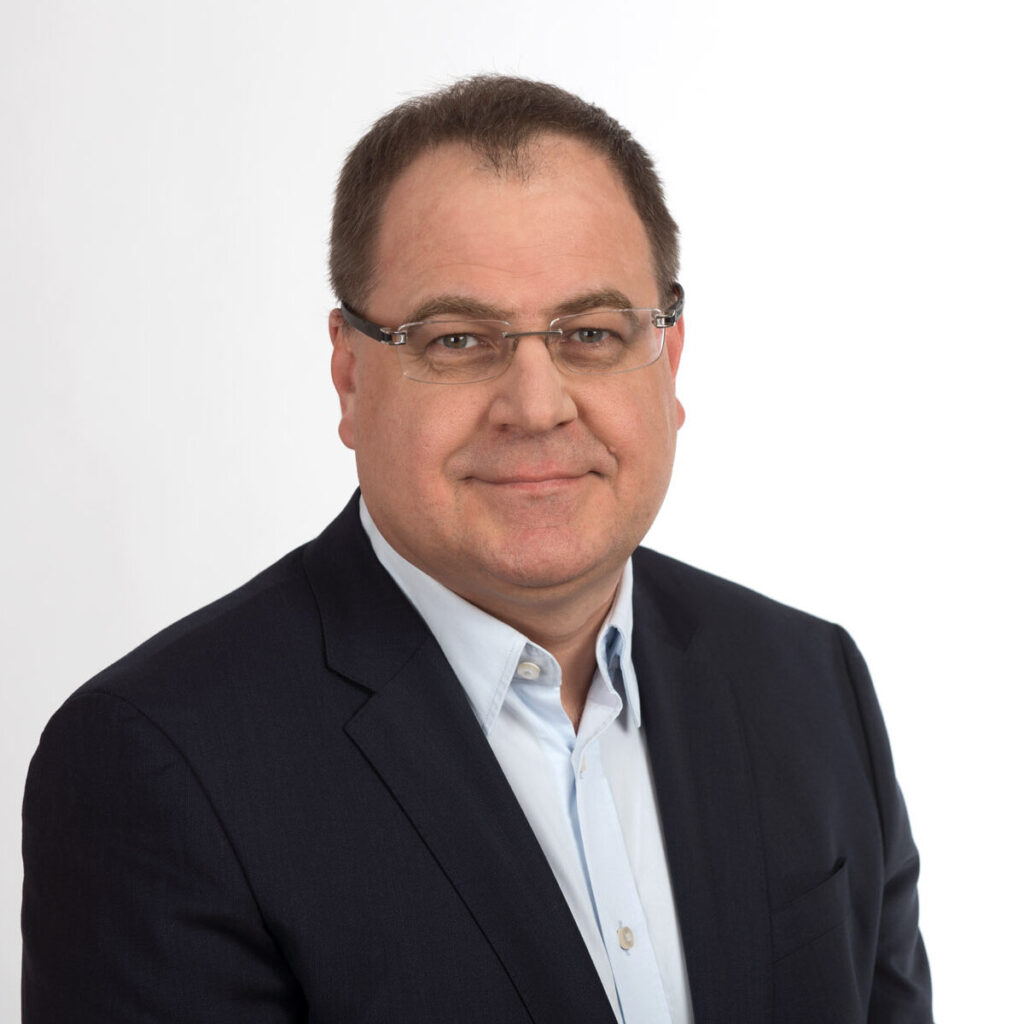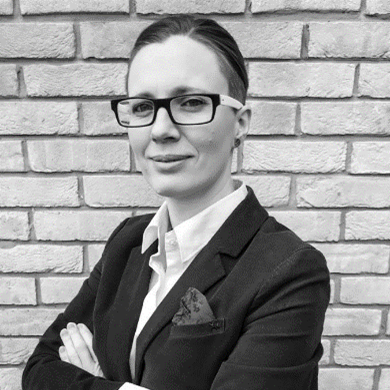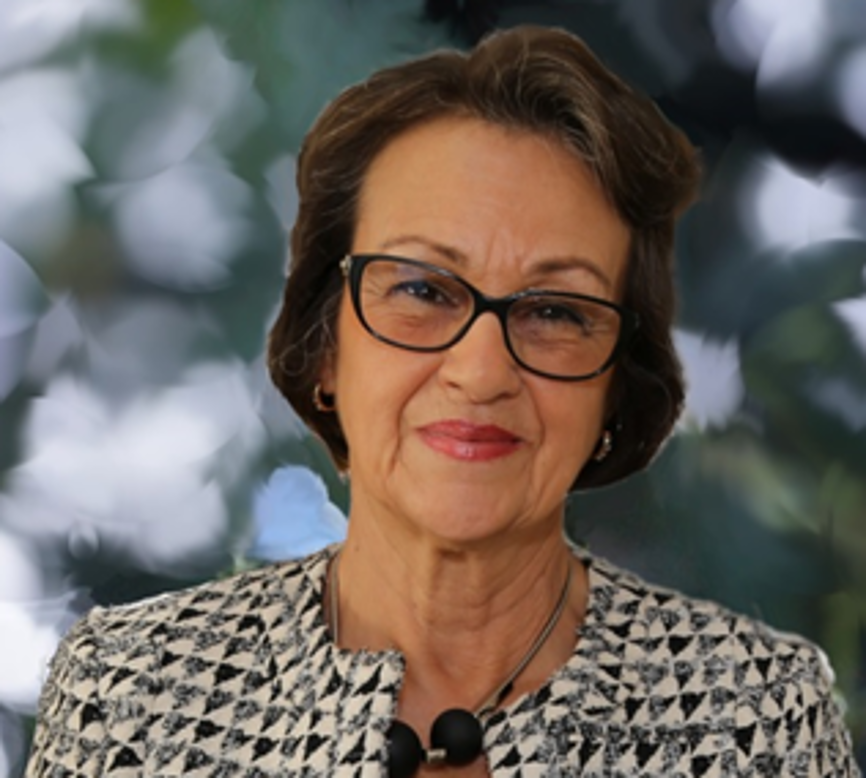 There is much more to being IGS Treasurer than budgets and spreadsheets. Ian Fraser explains his wide-ranging role and why he thinks sustainability and education are key priorities for the IGS.
There is much more to being IGS Treasurer than budgets and spreadsheets. Ian Fraser explains his wide-ranging role and why he thinks sustainability and education are key priorities for the IGS.
Please explain a bit about your role in the IGS.
My current role as IGS Treasurer and Officer involves considerably more than just looking after the finances. With only five Officers we all need to manage several responsibilities which may sit outside our obvious brief. In addition to the finances I take the lead on our Governance Documents, including a recent revision of the IGS Handbook and By-laws. I also chair the IGS Events Committee which oversees both IGS events and the potential IGS endorsement of related events with a geosynthetics interest and I am Secretary of the Sustainability Committee.
As an IGS Council Member I have been Secretary of the Corporate Committee, Secretary of the Hydraulics Technical Committee (TC) and actively involved in the Stabilisation TC, Reinforcement TC and the Communication Committee.
How did you get involved with the society?
I have been involved with the IGS at national and international level for many years. I became active in the UK Chapter in the early 2000s and held various positions on the Chapter Committee including Chair. I was also Treasurer of the organizing committee for the 4th European Regional Conference on Geosynthetics, EuroGeo4, held in Edinburgh in 2008.
What are the key priorities for the IGS going forward?
The two huge issues for the IGS are Sustainability and Education. Sustainability is a massive focus for the IGS, partly because we have a clear moral responsibility to address this and partly because geosynthetics have so much to offer construction and development in terms of sustainable benefits. Ironically the biggest single reason that those sustainable benefits are not realised is lack of education. Most construction professionals are simply not aware of the huge potential financial and environmental benefits that geosynthetics offer. It is a constant battle to get geosynthetics included in undergraduate construction-related courses.
What is the IGS doing to address this knowledge shortfall?
We continue to run an increasing number of Educate the Educator programs which are giving teachers and lecturers around the world the tools to allow them to introduce geosynthetics to students. We are now successfully running these courses online.
This is important because geosynthetics are massively underutilized and it is extremely frustrating, particularly from the environmental perspective, that there are savings to be had that are being missed. A lack of education is preventing well-informed choices to be made and it is our duty to address that.
We must balance the commercial drive for growth with the responsible dissemination of clear, balanced information that allows people to make informed choices based on unbiased advice.
How can members get involved in addressing these issues?
I would encourage all members to be active in their local IGS Chapter and/or contact us directly with their ideas or to ask for assistance. The IGS Council has representation from across the globe and the Council members’ contact details are on our website. If you don’t have a local national or regional Chapter why not consider forming one so that you can hold meetings and encourage sharing of ideas and experiences? We are very keen to help to establish new active Chapters.
MORE Qs: 10 Questions with Pietro Rimoldi
How have you seen the IGS evolve/develop since you joined?
The IGS is evolving into a more multinational and professional organization. Both those facets have always been present but the growth of the membership, the geographical expansion and the increase in Corporate Members demand a more accountable and transparent management style and structure.
And how has the industry changed over your experience?
Geosynthetics is a big business and it continues to grow rapidly. That inevitably brings competitive pressures leading to clashes of philosophy and messaging in the marketplace. I am convinced that, to some extent, the growth in the use of geosynthetics has been limited by the delivery of contradictory, and sometimes inaccurate, messages to the market. The IGS has a key role to play in delivering unbiased information on the responsible use of geosynthetics for the benefit of the end user, and ultimately the planet.
I’m also concerned about how standardization has affected the industry.
I sit on British Standard, CEN and ISO standardization committees and the work undertaken there is extremely important to ensure responsible and safe application of these materials. However, I am strongly opposed to standardization for standardization’s sake. There are those who would appear to be happy to standardize everything but in my experience that can have the effect of lowering everything to the lowest common denominator and stifling innovation. Standardization has a key role to play but we must be very careful with its implementation.
How has Covid-19 affected the industry?
Clearly Covid-19 has resulted in economic slowdown in many countries and of course that may have negative effects on the geosynthetics industry as development and construction perhaps slows down. I say perhaps because some governments appear to be continuing to invest in infrastructure as a means of supporting the economy, so there is some hope there. In the meantime the IGS is making a strong effort to enhance our online presence to ensure that our message continues to be spread and knowledge increased. One obvious positive effect of the pandemic is the realization that via online facilities we can potentially reach many more people at much lower cost and that those people are open to attending a one- or two-hour online session.
Are there any particular IGS initiatives or projects that you’re proud of?
I am very pleased with the establishment of the IGS Sustainability Committee, which I helped found, as this provides focus for this crucial issue. I sit on the IGS Foundation Board and this will hopefully allow the IGS initiatives to be taken beyond the normal limit of our resources to benefit society. The revision of the By-laws and Handbook I led was work that was long overdue and is an ongoing initiative that helps us deal with issues in a democratic and transparent manner.
Where does job satisfaction come for you?
I love to see the IGS reaching out to people and informing them about geosynthetics, whether that be via social media, conferences, exhibitions or technical workshops. In the Covid-19 world we are adapting rapidly to provide more online content and participation.
Going forward, I’d like to see the IGS increasing its professional resource to fully meet the demands that are being placed upon it. Geosynthetics have enormous benefits to offer the world and the IGS must make sure that it is in a position to facilitate and promote that offer.


